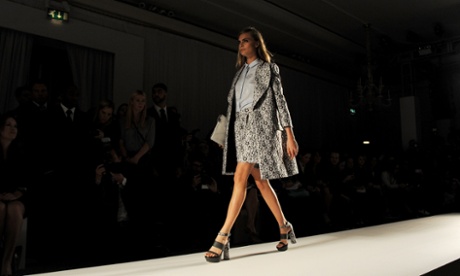My summer research project was on; how does representation of teenagers in e-media such as Facebook and twitter reinforce the negative stereotypes and create moral panic to the public? The reason i have chosen to do this topic is because i have an interest in why teenagers are represented so negatively most the time and how this creates moral panic to the public as this is a big issue and i want to do research into this topic finding out more about it in deep. I believe that the research I had done on my summer project topic went very well as it contributed to my powerpoint presentation. I had put a lot of effort into researching different types of negative stereotypes of teenagers and how they are represented on the media. I had also read some articles that would help me gain more knowledge about my topic which helped me to explain my topic well in front of the class. I also went into more deeper research researching why teenagers cause moral panic. I believe i had also made my presentation look really nice as i had included a lot of images that had showed examples of what i was saying and i didn't put to much information on the slides as i wanted to speak about it myself
On the other hand I also believe that I let myself down as I panicked on the day I was giving my presentation as due to this I wasn't able to explain and talk about my topic properly which confused everyone.For my presentation I don't think I used enough hand gestures or enough eye contact. but because I'm not used to presenting in front of the class, with more experience I will have more confidence to do more actions and speak with a better flow.



_grab.jpg)



